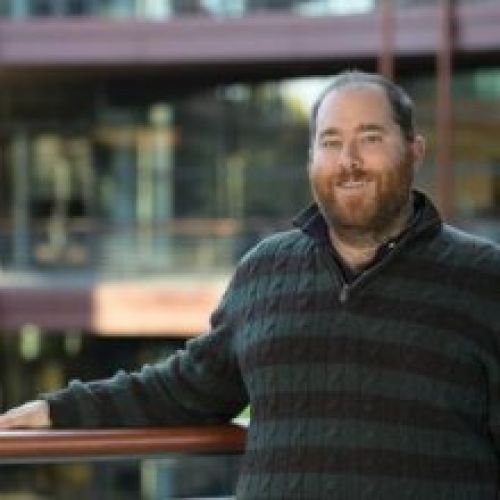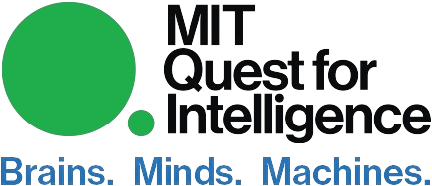
Abstract: The emerging field of NeuroAI has leveraged techniques from artificial intelligence to model brain data. In this talk, Yamins will show that the connection between neuroscience and AI can be fruitful in both directions. Towards "AI driving neuroscience", he will discuss a new candidate universal principal for functional organization in the brain, based on recent advances in self-supervised learning, that explains both fine details as well as large-scale organizational structure in the vision system, and perhaps beyond. In the direction of "neuroscience guiding AI", Yamins will present a novel cognitively-grounded computational theory of perception that generates robust new learning algorithms for real-world scene understanding. Taken together, these ideas illustrate how neural networks optimized to solve cognitively-informed tasks provide a unified framework for both understanding the brain and improving AI.
Bio: Dr. Yamins is a cognitive computational neuroscientist at Stanford University, an assistant professor of Psychology and Computer Science, a faculty scholar at the Wu Tsai Neurosciences Institute, and an affiliate of the Stanford Artificial Intelligence Laboratory. His research group focuses on reverse engineering the algorithms of the human brain to learn how our minds work and build more effective artificial intelligence systems. He is especially interested in how brain circuits for sensory information processing and decision-making arise by optimizing high-performing cortical algorithms for key behavioral tasks. He received his AB and PhD degrees from Harvard University, was a postdoctoral researcher at MIT, and has been a visiting researcher at Princeton University and Los Alamos National Laboratory. He is a recipient of an NSF Career Award, the James S. McDonnell Foundation award in Understanding Human Cognition, and the Sloan Research Fellowship. Additionally, he is a Simons Foundation Investigator.
This will be an in-person only event.
